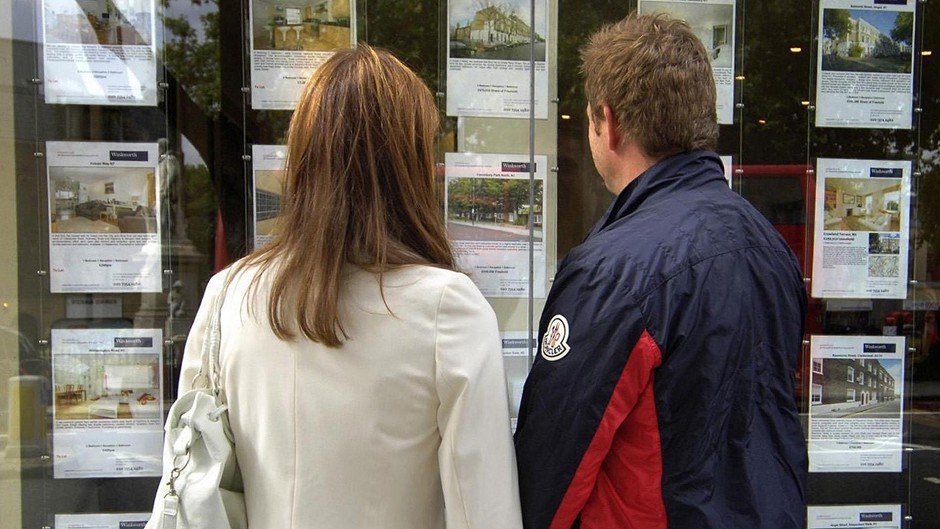Scottish house prices will fall next year due to Brexit uncertainty and as the market continues to be held back by the north-east economic downturn, a report says.
Property firm Savills expects average prices to rise by 9% north of the border over the next five years, compared with 13% across the UK as a whole.
A year-by-year breakdown shows prices falling by 2.5% and rising by just 1.5% in 2017 and 2018 respectively.
Growth of 5% is predicted in 2019 as Brexit negotiations reach their conclusions and remove uncertainty in the market, with 2% and 3% increases anticipated for 210120 and 2021 respectively.
Savills has predicted Scotland and north-east England will have the weakest growth among UK regions over the next five years.
Prime market prices north of the border are expected to grow by 12%, the weakest rate of increase in the UK.
Savills also expects the number of sales across the UK to fall by 16% between now and the end of 2018, having reached a post credit crunch peak of 1.33million at the end of March 2015.
Faisal Choudhry, the firm’s head of residential research in Scotland, said: “There are some interesting trends behind this picture of generally rising property values.
“What is clear is that the housing market does not like political and economic uncertainty and the impact of negotiations ahead of the UK leaving the European Union points to UK average house prices remaining flat over the next year to 18 months, growing by just 2% by the end of 2018 and a total of 13% by the end of 2021.
“While Scotland will see an overall price rise over the next five years, it continues to represent good value for money compared with London and the south.
“Scottish house price growth is likely to be hampered by Brexit negotiations but also by a slower market in country locations and in Aberdeen, where the oil crisis is repressing prices.
“The forecast also demonstrates the extent to which Scottish Land and Buildings Transaction Tax, the replacement to stamp duty in Scotland, is impacting the mid-market upwards.”
Mr Choudhry added: “Negotiations to leave the EU are expected to take two years, during which time buyer sentiment will remain fragile.
“Interest rates are now forecast to stay low for longer, which will prevent a market correction. At the same time, buyers will be reluctant or unable to stretch their borrowing, leaving little or no capacity for house price growth depending on location.
“Greater economic clarity will bring improved consumer confidence, creating greater capacity for house price growth from 2019, although this will be constrained by inevitable interest rate rises, particularly in the higher value markets.
“As a result, UK mainstream house price growth is forecast to be marginal over the next two years and total just 13% in the next five.”
